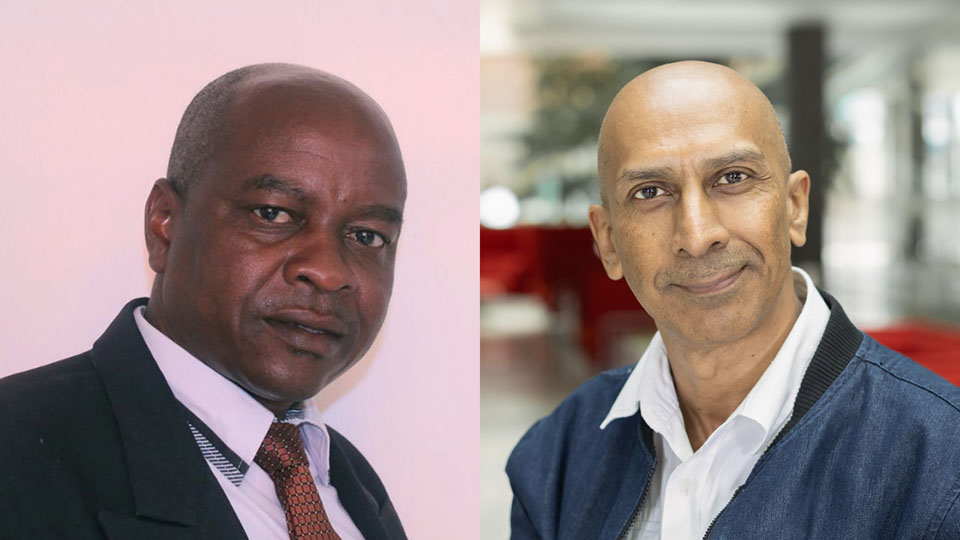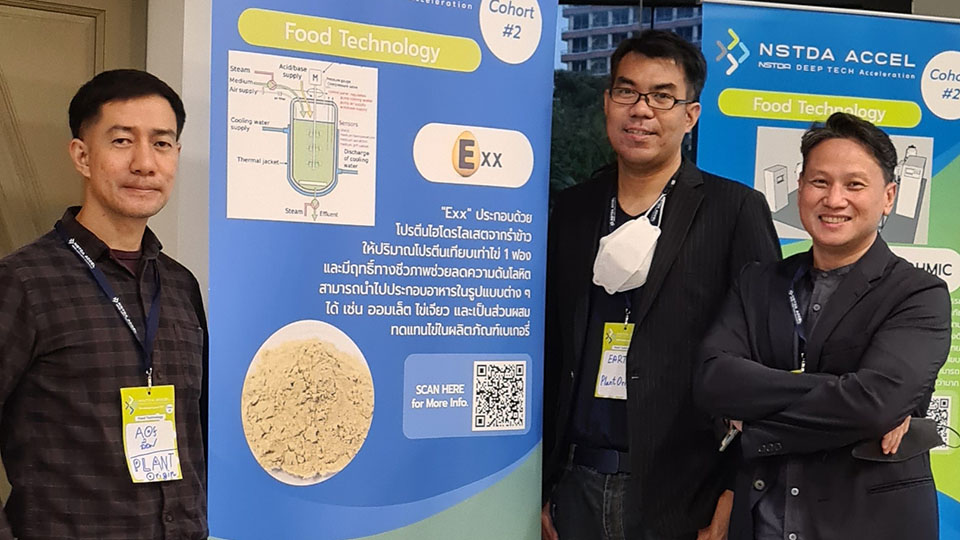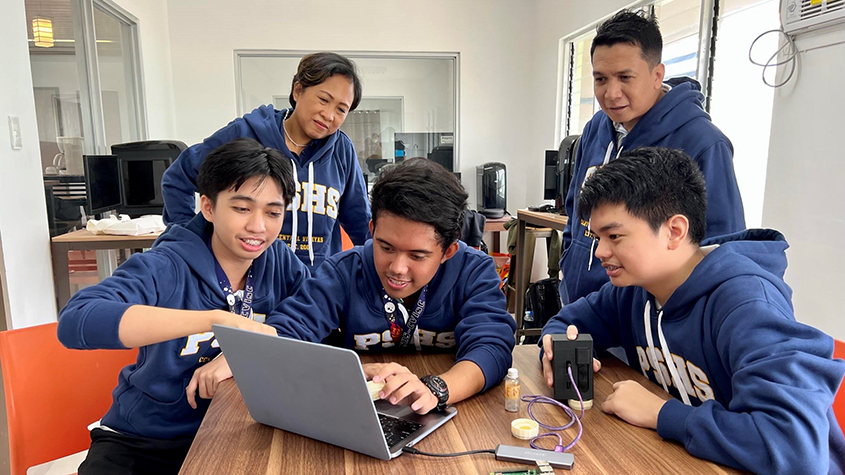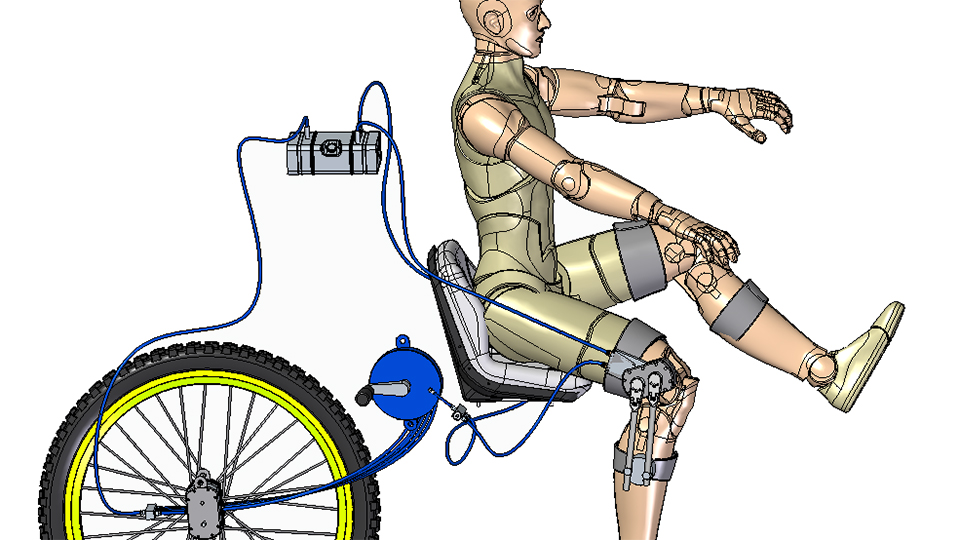Moroccan company SeaSkin transforms fish waste into luxury leather goods
The rise of fast fashion over the past 20 years has fueled a growing awareness of the fashion industry’s devastating impact on the environment. From water use to carbon emissions to oceanic pollution, the craze for new clothes has serious consequences for the entire planet.
One of the most environmentally damaging fashion industries is leather production. The process of transforming animal skin into leather requires a slew of harmful chemicals, including arsenic, chromium and sulfates. Many of these, together with other waste products from leather production, are dumped into rivers, polluting waterways and the surrounding land. This is on top of the enormous environmental cost of rearing livestock, which is responsible for 14 percent of all greenhouse gas emissions and four fifths of Amazon deforestation.
Recycling Fish Waste into Leather using Dry Tanning
Growing up in the town of Azilal, in the Atlas foothills of central Morocco, Nawal Allaoui has always been interested in fashion and technology. However, as she learned more about the industry, she became not only aware of its environmental impact, but determined to do something about it. Nawal went on to study the industrial engineering program at ESITH, a higher education institute for the textile and clothing industries, and began looking for sustainable initiatives to support.
In 2016, during her studies, Nawal started volunteering with ENACTUS, an international non-governmental organization promoting student-led social entrepreneurship and sustainable development. She found herself working in a social project with local women in Sidi Rahal, a fishing village just south of Casablanca. There, she realized the community had a fish waste problem: fish skins, discarded during processing, were piling up along the coast. Under the hot Maghreb sun, the skins quickly decomposed, which was both a social nuisance and an environmental hazard.
Nawal wondered if she could transform these discarded fish skins into something useful. After experimenting at home and at the ESITH laboratories, she succeeded in developing a process to convert the skins into leather. To ensure her product is sustainable and environmentally friendly, Nawal employs a process known as dry tanning, which uses 95 percent less water than traditional tanning techniques. She also insists on using naturally derived chemicals, like henna, in production.
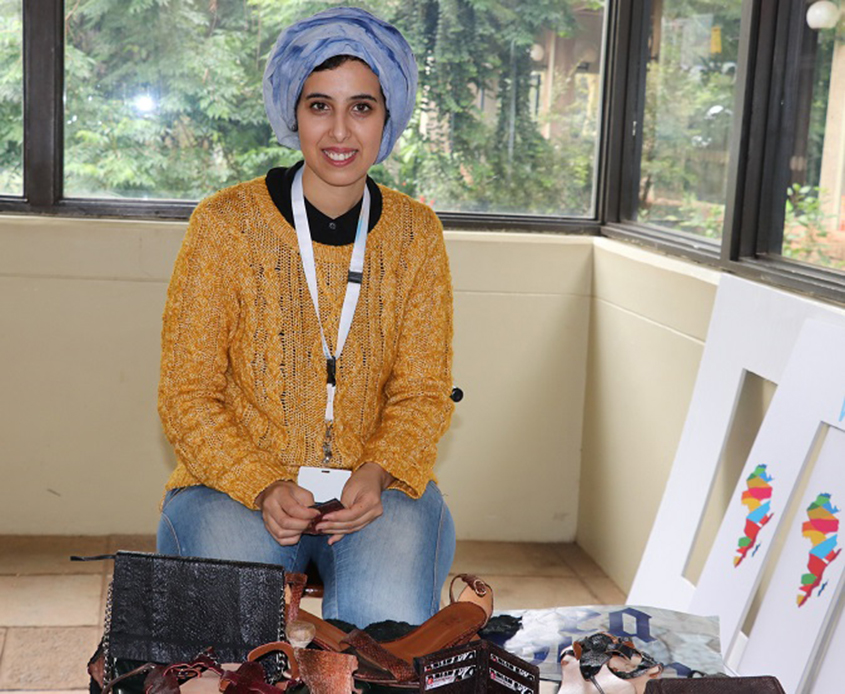
SeaSkin – A Sustainable Luxury Brand from Morocco
In 2017, after a year of work perfecting her dry tanning process, Nawal created the company SeaSkin to sell her luxury leather products. That same year she released her first line of SeaSkin products, including wallets, bags and shoes. Nawal’s environmentally friendly products have been available to buy online ever since, and she is now preparing for the launch of a new collection.
SeaSkin has also allowed Nawal to create job opportunities for the local women of Sidi Rahal. These women, who already prepare fish landed by the village’s fishers, are now responsible for the first steps of fish skin processing, removing any remaining flesh residue and then cleaning and rinsing the skins. “I knew I wanted to provide opportunities for the local people,” says Nawal. “That’s why I trained several women from the village so we could work together. I don’t want to just give money to them but a steady income and a fair job.” To date, over a ton of fish have been processed by these local women for SeaSkin. The company now has two workshops and is developing a bespoke dry tanning machine to increase production.
Nawal’s innovative business soon attracted attention and funding. In 2018, she was awarded a $10,000 grant at the Africa Youth Conference, an innovation event and competition for youth-led social entrepreneurs in Africa. The conference, which was led by UN Women and the United Nations Development Programme, included business development and training sessions to help young African entrepreneurs develop and implement solutions that help achieve the Sustainable Development Goals in their communities. In 2019, Nawal was one of the three winners of BeChangeMaker, a social entrepreneurship acceleration program for young people.
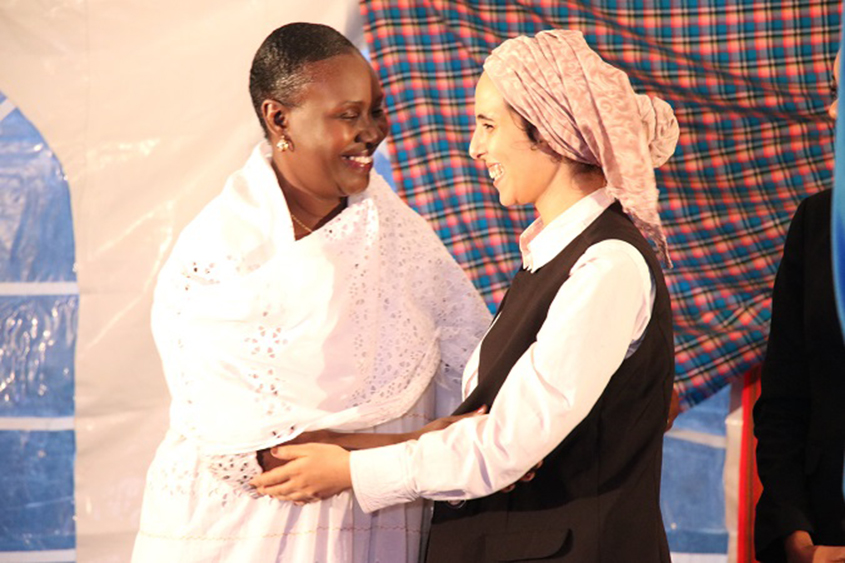
Challenges facing Women in Innovation
In 2022, Nawal applied for a patent for her dry tanning process at the National Intellectual Property Office in Morocco. Although aware that protecting her invention is crucial for her business, Nawal found the patenting application and drafting difficult. “We need more assistance,” she says. “We need more training and support on how to innovate, how to create a company and how to market and sell a product. The message should not only be about the importance of patenting, but how it impacts a business and how inventors can get into business successfully. We need real-life advice.”
Nawal is also keenly aware of the specific challenges facing female innovators. “I think all innovators in Morocco, both women and men, face difficulties. However, young women have cultural challenges when starting a business,” she notes. “Working with old men has been difficult. They can't see that the environment is changing or that young women can also lead successful businesses.”
Even her family, though very supportive of her work, were uncertain about her becoming an entrepreneur. “When I started this project, my parents – and actually most parents in Morocco – expect women to marry and get a stable job,” she says. “They fear that starting a company is too risky.”
Despite these hurdles, Nawal has big dreams for the future of SeaSkin and its potential to contribute to sustainable development and poverty eradication through female empowerment. “I want to share my knowledge not only in the Casablanca region and Morocco but with the whole of Africa. I want to support more women and train them on the production of fish leather to create more job opportunities.” Her advice to other young innovators is simple: “Don’t worry about other people’s opinions. If you want to create change, just do it!”
This case study was produced as part of a WIPO Development and Intellectual Property Committee project on Increasing the Role of Women in Innovation and Entrepreneurship, Encouraging Women in Developing Countries to Use the Intellectual Property System. Visit the Women in Innovation and Entrepreneurship webpage for more information about the project.
